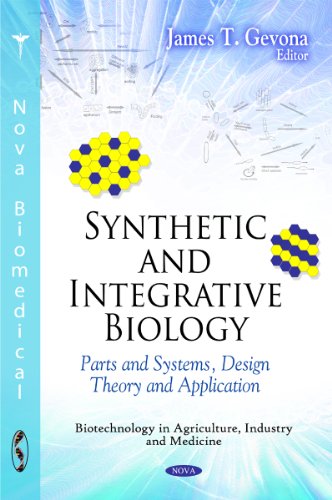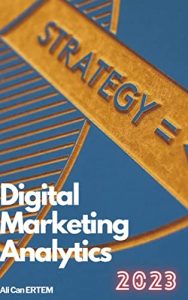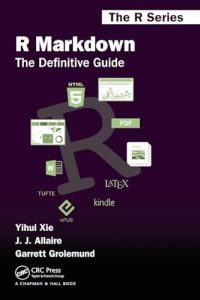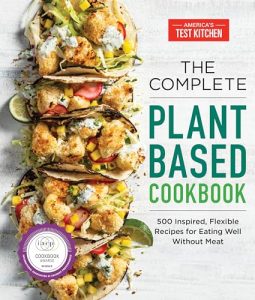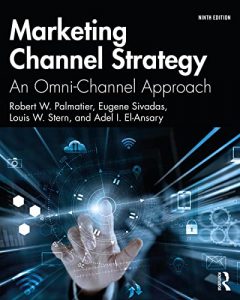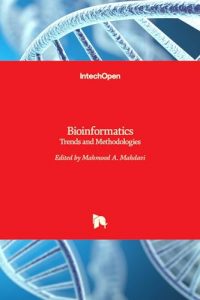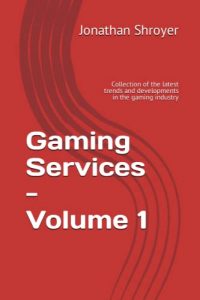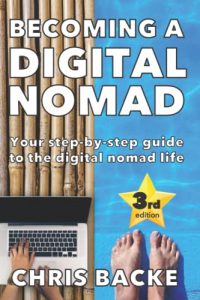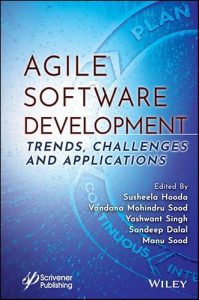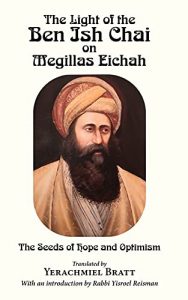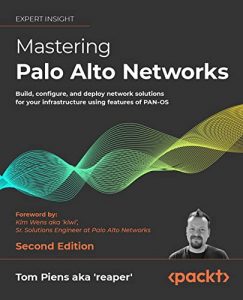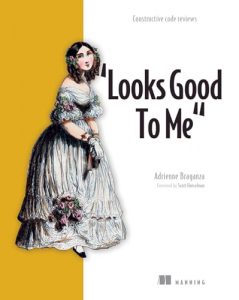Integrative biology is an ever-evolving field that merges concepts from various biological disciplines, providing a holistic understanding of living systems. It delves into the intricacies of life, drawing connections between molecular biology, ecology, and organismal biology. As we expand our knowledge, we realize the intricacies of life processes are intertwined, prompting a need for comprehensive resources that explore these interconnections.
This blog post highlights a curated selection of standout titles that are essential for anyone looking to deepen their understanding of integrative biology. From ecological morphology to integrative medical nutrition and animal biology, these books are invaluable resources that provide insights into the complexity of life, evolution, and health. Whether you are a student, educator, or a curious reader, these texts will enrich your comprehension of the biological world.
Synthetic and Integrative Biology: Parts and Systems, Design Theory and Application
For those eager to grasp the nuances of integrative biology, Synthetic and Integrative Biology: Parts and Systems, Design Theory and Application is an absolute must-have. This book skillfully combines scientific theory with practical application, making it a critical resource for understanding the design and functionality of biological systems. It pushes boundaries by integrating biotechnology approaches with agricultural and medical practices, laying out a roadmap for innovative research. Not only does it provide a thorough conceptual framework, but it also emphasizes the importance of interdisciplinary collaboration in tackling modern biological challenges. This book is an essential addition to the libraries of students and professionals alike.
Ecological Morphology: Integrative Organismal Biology
Ecological Morphology: Integrative Organismal Biology provides a fascinating insight into the relationship between organisms and their environments. By examining the morphological adaptations that occur in various species, this book propels readers into the complex interplay between form and function. The authors meticulously detail the ways that organisms have evolved over time through an integrative approach, combining ecological principles with morphological science. This enlightening read fosters a deep appreciation for biodiversity and underscores the significance of ecological contexts in shaping biological forms. Ideal for researchers and biology enthusiasts alike, it will stimulate curiosity and inspire new perspectives in ecological studies.
Integrative and Functional Medical Nutrition Therapy: Principles and Practices
Integrative and Functional Medical Nutrition Therapy: Principles and Practices is a transformative read for those interested in the intersection of nutrition and biological science. This book presents a comprehensive overview of how nutrition affects health and disease at the cellular and systemic levels. It emphasizes the role of dietary practices in preventative care and treatment protocols, making it indispensable for health professionals. The depth of knowledge provided, coupled with practical applications, allows readers to understand nutritional practices as part of a larger integrative health model. This book is a significant resource that aligns nutrition with biological principles for holistic health approaches.
Integrative Animal Biology
Integrative Animal Biology captures the essential evolutionary and functional aspects of animal biology through an integrative lens. This title offers a detailed exploration of how animals adapt and thrive within their respective environments, showcasing their biological and ecological interconnections. The authors embark on a thoughtful examination of comparative anatomy and physiological processes, making this book a treasure trove for biology students and professionals. The conversational style of writing ensures that complex concepts are presented lucidly, facilitating engagement and understanding. It’s an enlightening experience that inspires appreciation for the complexities of animal life.
Integrative Organismal Biology
Integrative Organismal Biology stands out for its thorough coverage of the ecological and evolutionary principles that govern the lives of organisms. This comprehensive formulary draws on a diverse array of scientific fields to illustrate how biological systems function in conjunction. Each chapter is rich with illustrations and case studies, making complex topics accessible and engaging. Researchers, educators, and students will appreciate the detailed analysis of organismal interactions and their environmental contexts. This book not only educates but also encourages a playful curiosity about the natural world, making it indispensable for anyone pursuing knowledge in biology.
Nutrition and Integrative Medicine: A Primer for Clinicians
Nutrition and Integrative Medicine: A Primer for Clinicians provides a deep dive into the integration of nutrition within the healthcare spectrum. This book serves as a robust resource for clinicians seeking to adopt an integrative approach to patient care. By presenting scientific evidence and practical strategies, it enables readers to understand how nutrition influences health outcomes and disease processes. The holistic perspective offered in this book encourages medical professionals to consider all facets of patient health, promoting comprehensive treatment strategies that encompass dietary modifications as essential components of care. A worthwhile read for any health professionals committed to enhancing patient outcomes through integrated approaches.
Cancer Systems and Integrative Biology (Methods in Molecular Biology)
Cancer Systems and Integrative Biology (Methods in Molecular Biology) explores the complex relationship between cancer biology and integrative systems approaches. This technical resource serves as a guide for professionals and students alike, providing insights into molecular mechanisms and therapeutic strategies that are vital in the fight against cancer. By emphasizing integrative approaches to studying cancer, this book showcases how interdisciplinary research can salvage critical insights and pave the paths toward advanced treatment methodologies. It promises to be a pivotal text for those engaged in cancer research and treatment development.
General and Comparative Endocrinology: An Integrative Approach
General and Comparative Endocrinology: An Integrative Approach takes readers on an enlightening journey through the world of hormones and endocrine functions across different species. This book emphasizes the evolutionary and functional perspectives of endocrine systems, providing valuable insights into how these systems operate within the context of integrative biology. The detailed explanations, robust illustrations, and comparative analyses make complex hormonal mechanisms accessible and relatable. This book is an invaluable resource for students, researchers, and qualified professionals hoping to deepen their understanding of endocrine biology by adopting an integrative lens.
Snowbird: Integrative Biology and Evolutionary Diversity in the Junco
Snowbird: Integrative Biology and Evolutionary Diversity in the Junco provides a unique perspective on evolutionary biology through the study of the junco species. With captivating narratives and detailed research findings, it traces the evolutionary pathways and biological diversity within the junco population. This book highlights how environmental factors shape species adaptations and behaviors, serving as an illustration of integrative biological principles in action. The well-researched chapters are accessible to both lay readers and seasoned biologists, making it an intriguing exploration into the world of integrative biology and avian studies.

